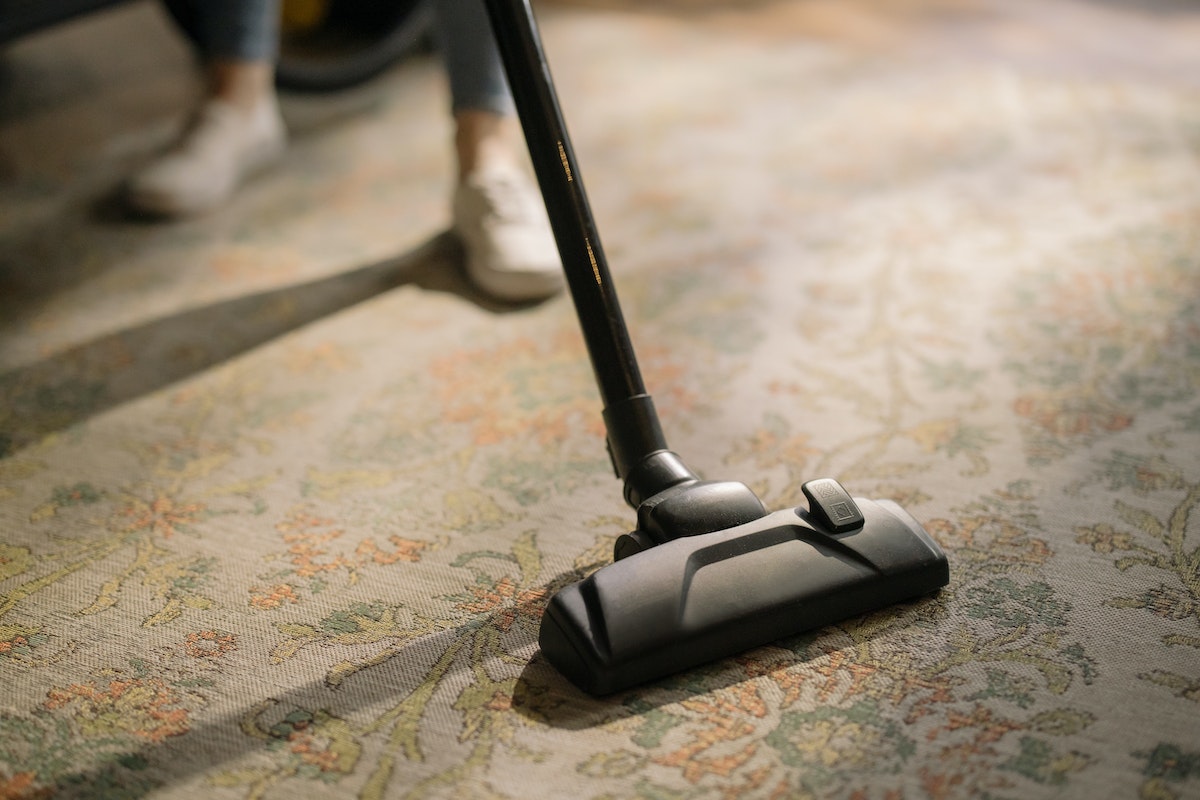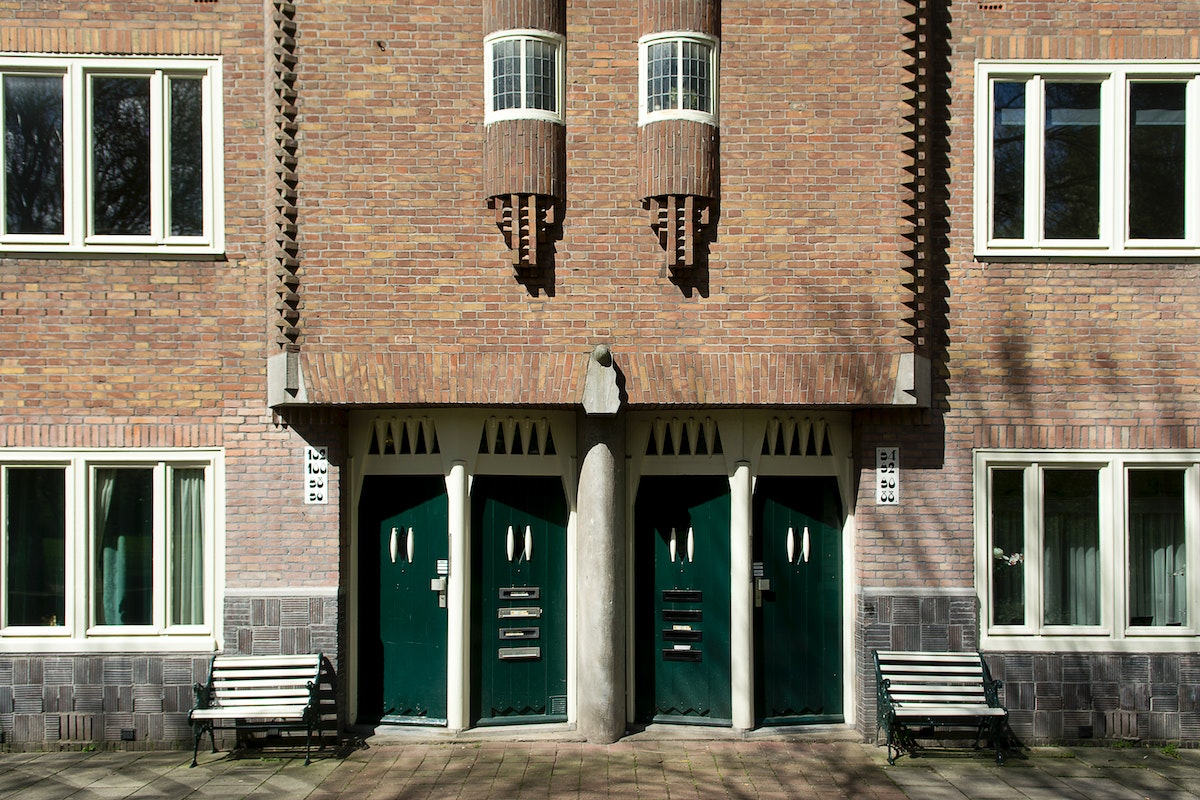• Regular vacuuming and dusting your home remove dirt, dust, and allergens.
• Using a dehumidifier or humidifier keeps the home’s humidity between 30-50% and prevents allergies and asthma.
• Investing in temperature control, such as a thermostat, keeps your home at the optimal temperature all year round.
• Installing windows and skylights in every room provide natural light and improved ventilation.
• Using daylight bulbs mimics natural light, improves alertness, reduces stress, and regulates your body’s circadian rhythm.
Creating a healthy home environment is important to your family’s physical and mental well-being. It’s not enough to ensure that your house is clean and tidy; you need to create an environment that promotes good health, safety, and comfort. Here are some tips to help create a healthy home environment for your family.
Air Quality
The air quality inside your home can significantly impact your family’s health. Poor air quality can cause allergies, asthma, headaches, fatigue, and other respiratory problems. To improve air quality, ensure your home is free from dust mites and other allergens. You can do the following to ensure good air quality:
Regular Vacuuming

Regularly vacuuming your home helps to remove dirt, dust, and other allergens. Especially if you have carpets or rugs, you should vacuum them at least once a week. Use a vacuum with a HEPA filter. This filter helps to keep the air in your home cleaner by trapping particles as small as 0.3 microns.
Regular Dusting
Dust can accumulate on furniture, window sills, and other flat surfaces around your home. When left undisturbed, dust can accumulate and spread allergens in the air, causing respiratory issues such as asthma and allergies. To ensure good air quality, dust your home regularly with a damp cloth or microfiber duster to help reduce the amount of dust in the air.
Change Air Filters
Regularly changing the air filters in your home can also help improve air quality. Check your air filter every month, and change it whenever it looks dirty. This helps to trap dust and other allergens from entering your home and keeps the air in your home clean.
Humidity and Temperature
Maintaining the right humidity and temperature in your home is important for comfort and health. A humid environment can cause allergies, asthma, and other health problems. To keep your home at the optimal humidity level, follow these measures:
Use a Humidifier
A humid home can trigger allergies and asthma. When you have been in a humid area for a long time, your skin can also become itchy. Humidity can also cause the formation of mildew, which can be difficult to get rid of. To combat this problem, use a dehumidifier or a humidifier to keep your home’s humidity between 30-50% to avoid any problems.
Invest in Temperature Control
To keep your home at the optimal temperature, invest in a thermostat that allows you to set the desired temperature for your home. To keep cool during the summer months and warm during the winter months, adjust the setting on your thermostat accordingly. This will help you stay comfortable and healthy throughout the year.
Use Insulated Roof Panels
Insulated roof panels can help maintain the temperature in your home and save energy. These roof panels keep hot air out during summer and cold air out during winter, helping you stay comfortable all year round. It also eliminates the need to adjust your thermostat frequently, saving you energy and money. Additionally, these are durable and long-lasting, ensuring that your family’s comfort is well taken care of.
Lighting
Proper lighting in your home can benefit both physical and mental health. Natural light helps regulate hormones and has been linked to better sleep, improved moods, more energy, fewer headaches, and improved concentration. Aim to have the following:
Windows in Every Room

Windows in every room of your house can bring in natural light and provide a view of the outside world. The more natural light you can get, the better it is for your family’s health and well-being. If windows are impossible due to structural reasons, consider adding skylights to your roof. Skylights not only let in natural light but also provide improved ventilation.
Install Daylight Bulbs
Daylight bulbs are designed to mimic natural light and can be used in areas without windows or direct sunlight. It is characterized as bright and cool light, which can help to regulate your body’s circadian rhythm and improve alertness. This type of lighting has been linked to improved moods, better concentration, and reduced stress.
By making wise choices when it comes to your home, you can create a healthy environment for your family. Be sure to regularly maintain these aspects of your home so everyone in your family can enjoy the benefits of a comfortable and healthy living space.

